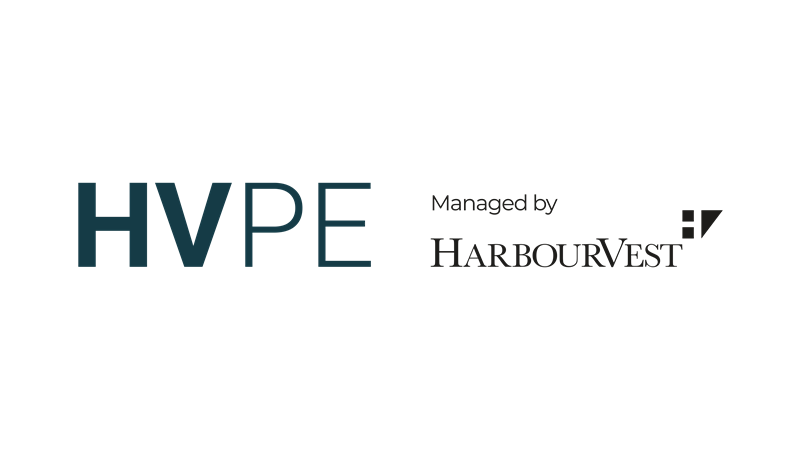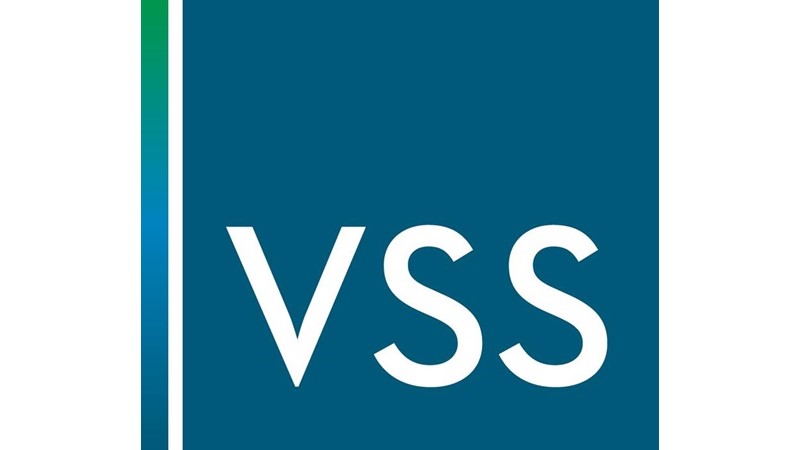AlphaWeek Q&A: Renee Skolaski, Executive Director & CEO, Help For Children
Renee Skolaski, Executive Director & CEO of Help For Children, took some time to tell AlphaWeek's Greg Winterton about the organisation's beginnings, its impact and its new 'Private Equity Cares' initiative.
GW: Renee, thanks for taking the time. HFC is celebrating its 20th Anniversary this year. What do you see as some of the main successes of the first 20 years?
RS: Help For Children started as one dinner in one city – New York – and over its 20-year existence has grown into a global organization that is dedicated to fighting child abuse in 13 communities worldwide. As a result, and thanks to the hedge fund and broader alternative investment communities’ steadfast support, Help For Children has given more than $51 million in local grants to impactful prevention and treatment programs. We accomplish this through a network of more than 700 active HFC volunteers within the alternative investment community, in tandem with 10 academic consultants who are authorities in the field of child and social welfare and who are the foundation for HFC’s expertise in the most effective evidence-based practices.
We are proud of the model of funding Help For Children has established which over the years has helped protect and heal the lives of hundreds of thousands of broken children and their families. While there are many successes we could highlight since HFC’s inception in 1998, we are most proud of our work in the Cayman Islands, where HFC helped to establish the government infrastructure for child protection and participate in the creation of standards for child abuse and neglect education, prevention, research and training.
GW: The organisation recently launched ‘Private Equity Cares New York’. Tell us more about what you’re doing to get the private equity industry involved to help protect future generations of children from child abuse.
RS: We are excited to expand Help For Children’s reach to the broader alternative investment community with the launches of PE Cares in New York and PE|VC Cares in San Francisco, as well as the addition of Star Mountain Capital’s Brett Hickey to our Global Board. With these important HFC milestones, the private equity and venture capital communities are stepping up to join the hedge fund industry’s efforts to protect and heal children around the world.
The added value for them is the opportunity to demonstrate corporate social responsibility for an under-served cause among their peers. To help grow this initiative, we have two inaugural networking events coming up in June (click here to learn more) which we hope will inspire new members from the PE and VC communities to become HFC supporters.
GW: Speaking of the global organisation, HFC has chapters in the UK, Ireland, Canada and Hong Kong, amongst others. Are there plans to open other chapters? Indeed, will Private Equity Cares expand to the existing chapters as well?
RS: This past April, we launched Help For Children Los Angeles (click here), growing our presence in California where we already have a chapter in San Francisco, and enabling HFC to have an even greater impact on the prevention and treatment of child abuse in the state. As for HFC’s expansion into private equity and venture capital, New York and San Francisco have set a great example and are helping inspire others in some of our existing locations, including in Toronto, Chicago and Cayman.
GW: Let’s zero in on the actual impact. What does HFC look for when selecting grantees and what processes does it have in place to monitor the grantees use of the funds they receive?
RS: Help For Children has a rigorous grant-making process that ensures we are funding high-integrity, high-performing programs that prevent and treat child abuse. Our Grants Committees work very closely with our academic consultants who are authorities in the field of child and social welfare, and are well versed about proven, evidence-based programs in their regions that demonstrate results in HFC’s four impact areas – decreasing risk, strengthening families, reducing trauma, and building individual strengths.
We accept applications from organizations of all sizes and in an effort to incubate cutting-edge programs, HFC also considers new initiatives and promising practices (if measurable evaluation strategies have been put place). HFC conducts due diligence through an organizational review of financials and its good standing in the community, and tracks the performance of programs it funds. The grant-making process also includes multiple site visits, and requires that each grantee submit an end-of-year progress/impact report.
GW: Fast forward to this time next year. What will a successful 2018 look like to you?
RS: Success for Help For Children means being able to increase our grant making across the board to protect and heal even more children from the scourge of child abuse. What we can accomplish with the engaged and energized support of the broader alternative investment community knows no bounds – and we hope to see you at an HFC event in 2018 to make that possible!
A successful 2018 also includes the completion of Christian Griffith’s 3,000-mile run across the United States for Run2Heal (learn more here). A child abuse survivor and ultra-endurance athlete, Christian Griffith partnered with Help For Children on this herculean effort in an effort to raise awareness and money for child abuse victims.
© The Sortino Group Ltd
All Rights Reserved. No part of this publication may be reproduced, stored in a retrieval system or transmitted in any form or by any means, electronic, mechanical, photocopying, recording or scanning or otherwise, except under the terms of the Copyright, Designs and Patents Act 1988 or under the terms of a licence issued by the Copyright Licensing Agency or other Reprographic Rights Organisation, without the written permission of the publisher. For more information about reprints from AlphaWeek, click here.







